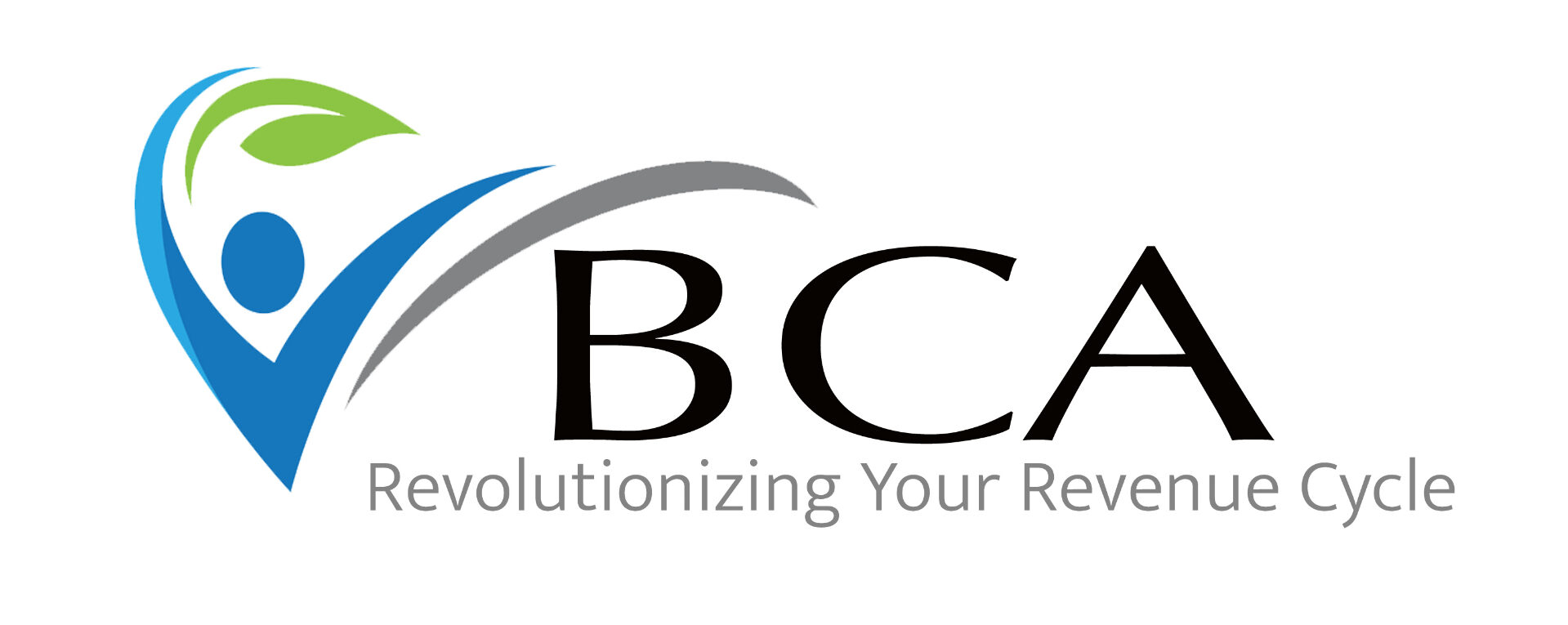Claim denials can be one of the biggest obstacles to financial success for FQHCs and RHCs. Denials delay payments and consume staff time and resources to resolve. A proactive approach to denial management is essential for maintaining a healthy revenue cycle and ensuring timely reimbursement.
Common Causes of Denials
Denials often stem from avoidable issues, such as:
- Eligibility Errors: Claims are denied because the patient’s insurance was not active at the time of service or coverage was not verified.
- Coding Errors: Incorrect or missing codes, modifiers, or place-of-service designations lead to denials.
- Authorization Issues: Services requiring preauthorization may be denied if not obtained or documented properly.
- Timely Filing: Submitting claims after payer deadlines results in automatic denials.
The Financial Impact of Denials
Denials can erode an organization’s revenue in several ways:
- Lost Revenue: Some denied claims are never resubmitted, leading to forfeited income.
- Increased Costs: Staff must dedicate time to researching and correcting denied claims.
- Cash Flow Delays: Even when resolved, denials delay payment and disrupt cash flow.
KPIs to Monitor
- Denial Rate: Aim to keep your denial rate below 5%. A higher rate indicates systemic issues in your billing processes.
- Denial Resolution Time: Track how long it takes to address denied claims. Faster resolution improves cash flow.
- First Pass Acceptance Rate: Measure the percentage of claims accepted on the first submission.
Steps to Streamline Denial Management
- Identify Root Causes: Regularly review denial trends to pinpoint common issues, such as specific codes, payers, or processes.
- Develop a Denial Prevention Plan: Use the insights from root cause analysis to implement corrective measures, such as staff training or process updates.
- Prioritize High-Value Denials: Focus on resolving denials for services with the highest financial impact first.
- Automate Claim Scrubbing: Use technology to flag potential errors before claims are submitted to reduce denials.
- Create a Denial Management Workflow: Establish clear steps for researching, correcting, and resubmitting denied claims. Assign roles and responsibilities to ensure accountability.
The Role of Staff Training
Staff education is critical to reducing denials. Focus training on:
- Understanding payer-specific requirements.
- Using modifiers and codes accurately.
- Staying updated on changes to billing rules and regulations.
The Role of Leadership
Executives and finance teams play a crucial role in denial management by:
- Allocating resources for denial prevention and resolution.
- Setting benchmarks for denial rates and resolution times.
- Monitoring performance and holding teams accountable for improvement.
Why Proactive Denial Management Matters
Proactive denial management does more than recover revenue—it also improves operational efficiency and reduces staff burnout. By addressing issues before they lead to denials, FQHCs and RHCs can optimize their revenue cycle and achieve greater financial stability.
Struggling with high denial rates? BCA offers expert consulting to help you identify root causes, implement solutions, and improve your bottom line. Contact us today.
At BCA, we offer auditing and consulting services to support your practice in maintaining compliance and enhancing the quality of care, with documentation review starting at $499 per clinician. Please contact us at info@bcarev.com to learn more about our tailored solutions and how we can help you optimize your quality initiatives.
